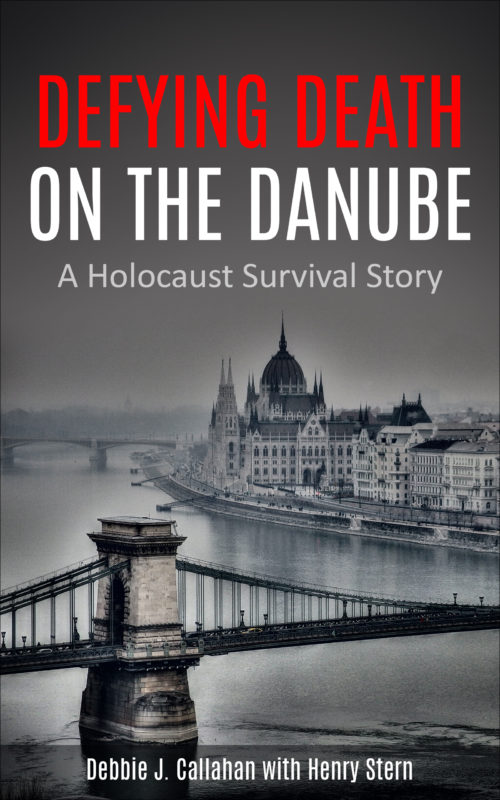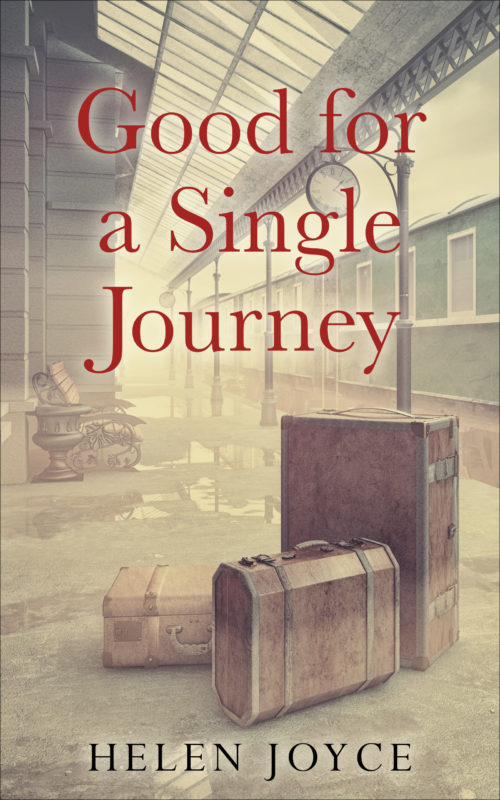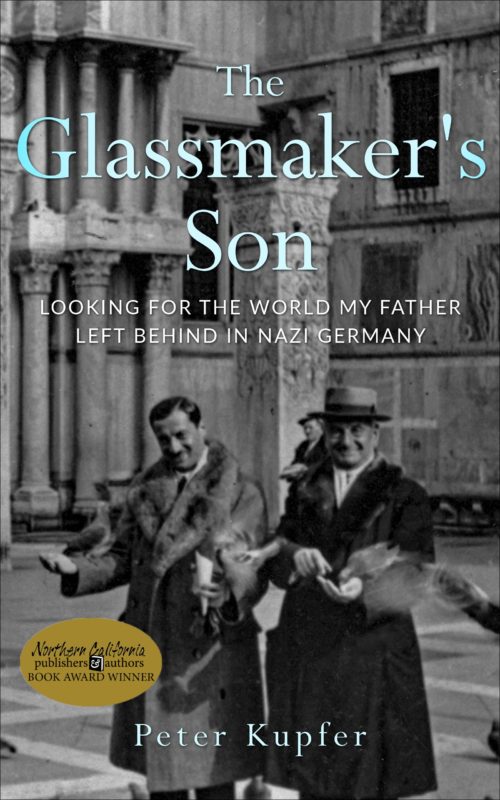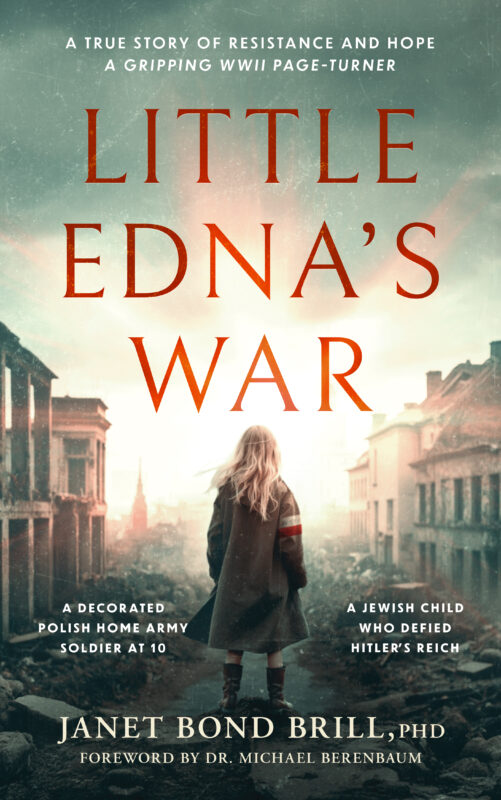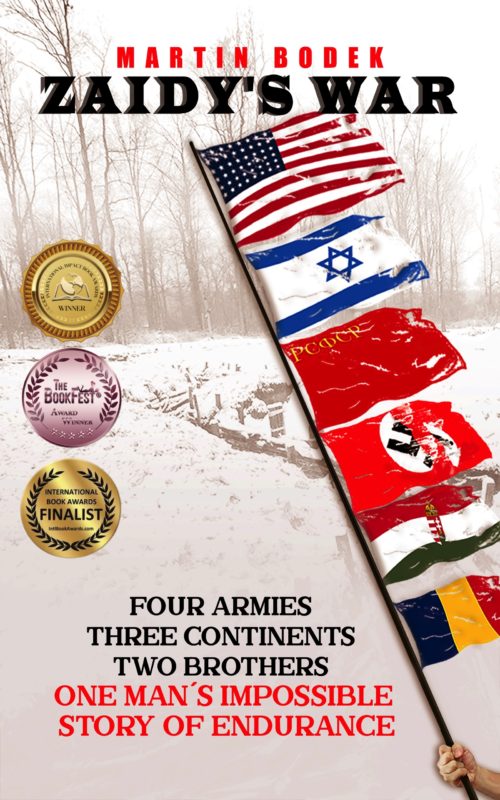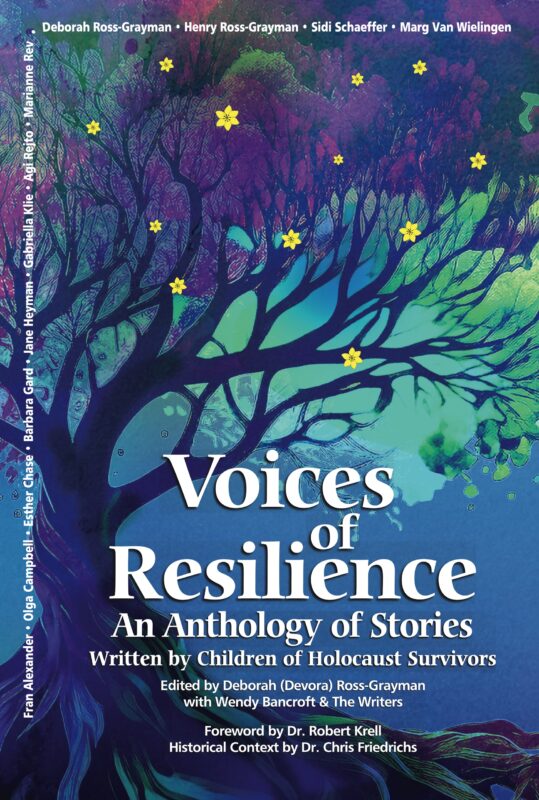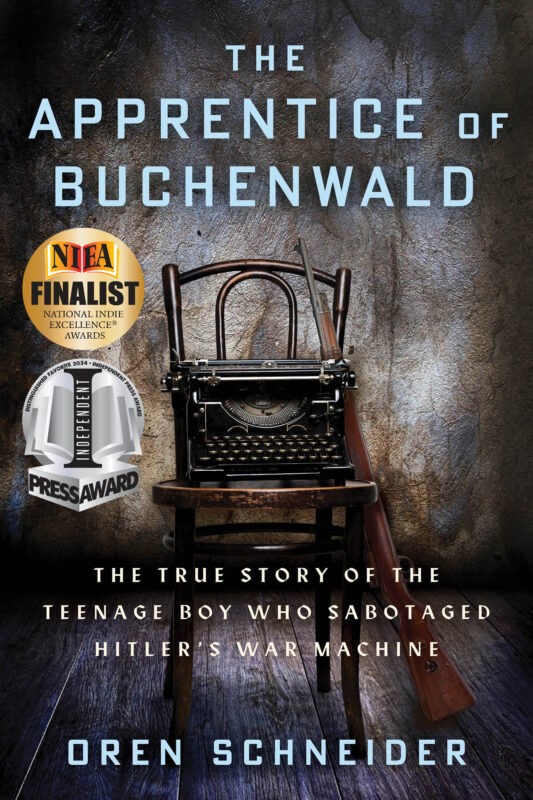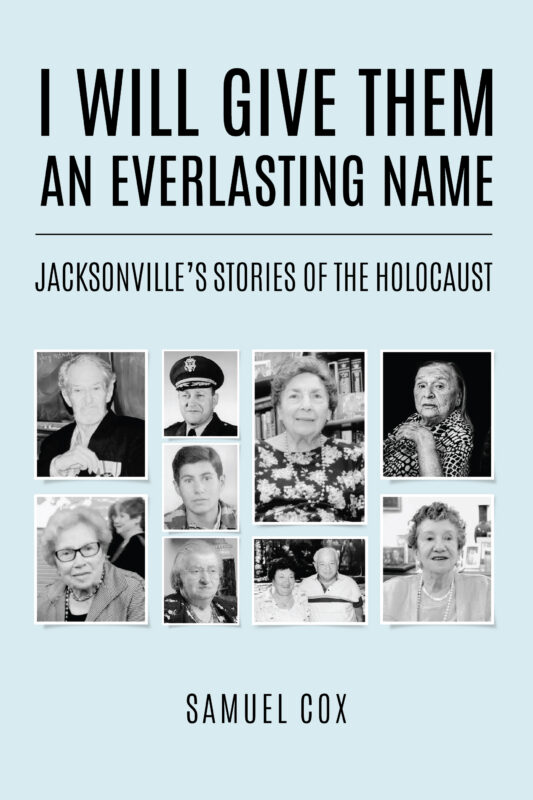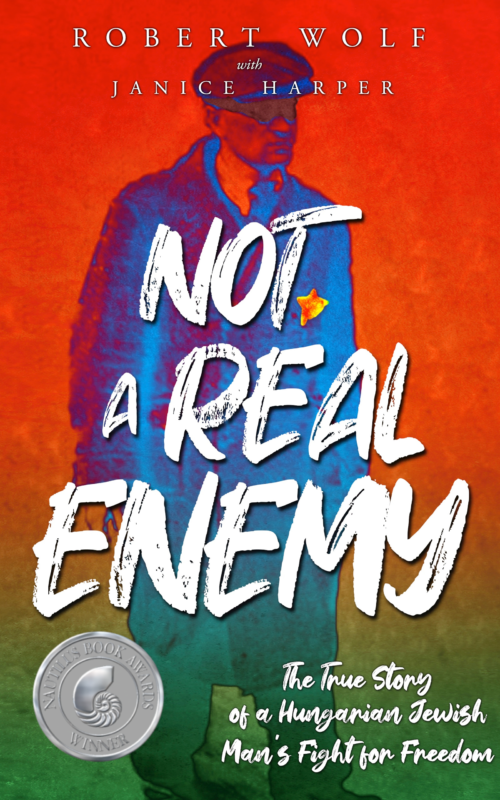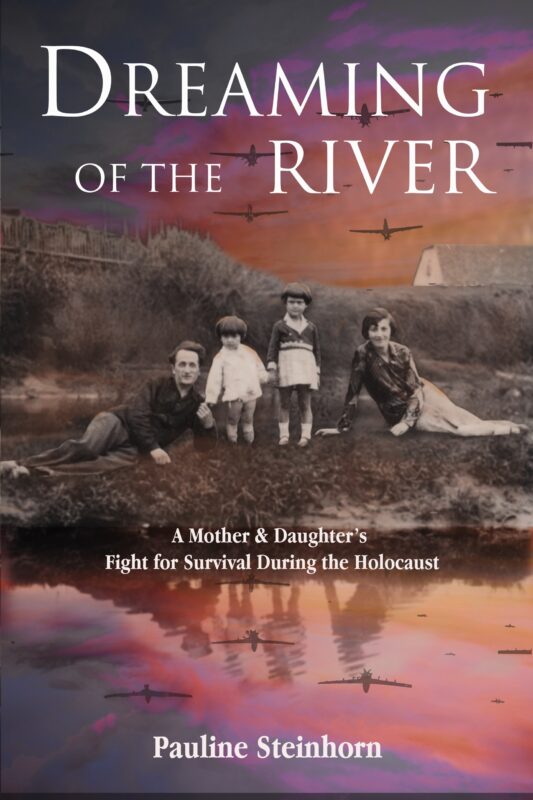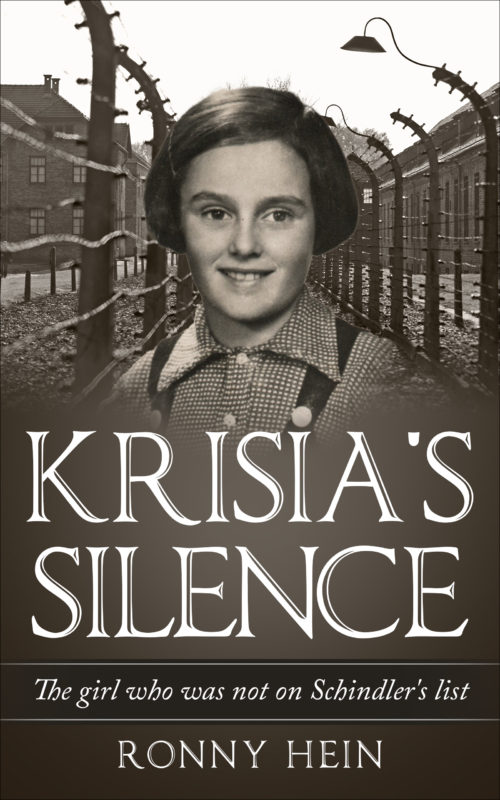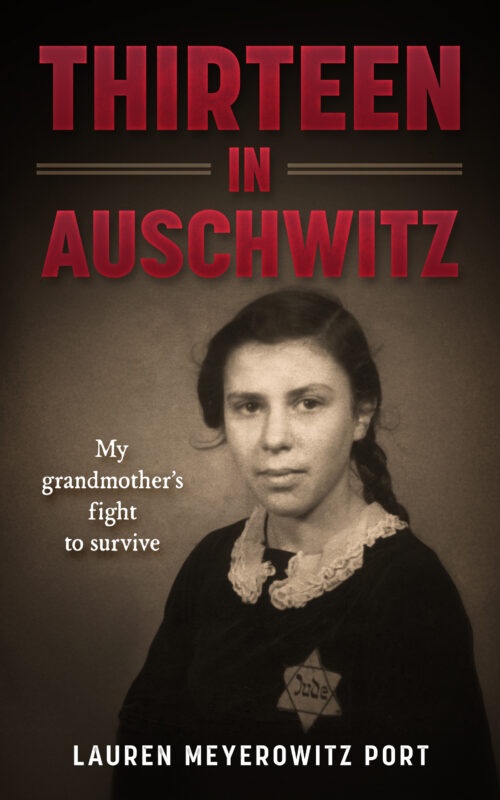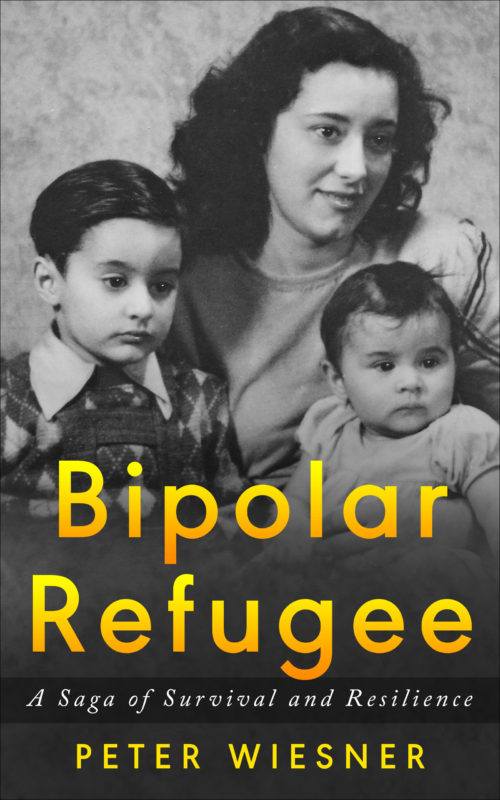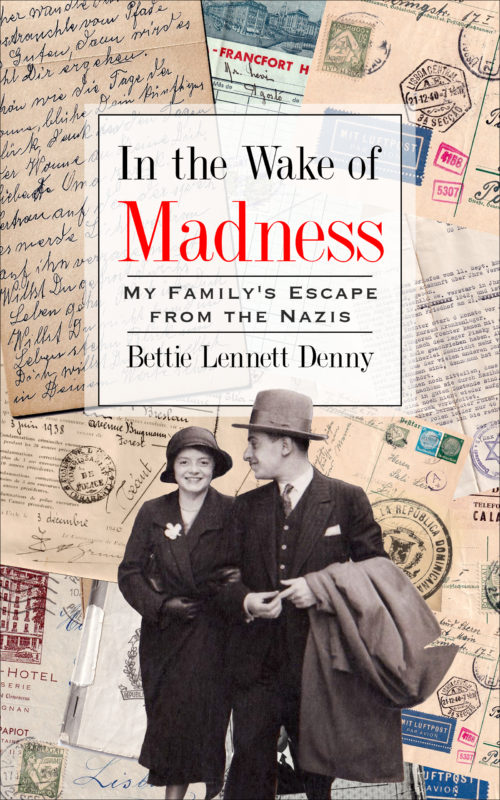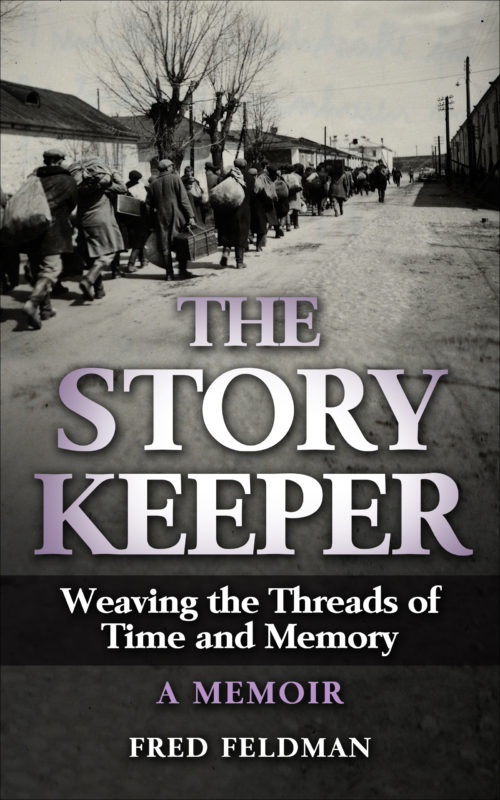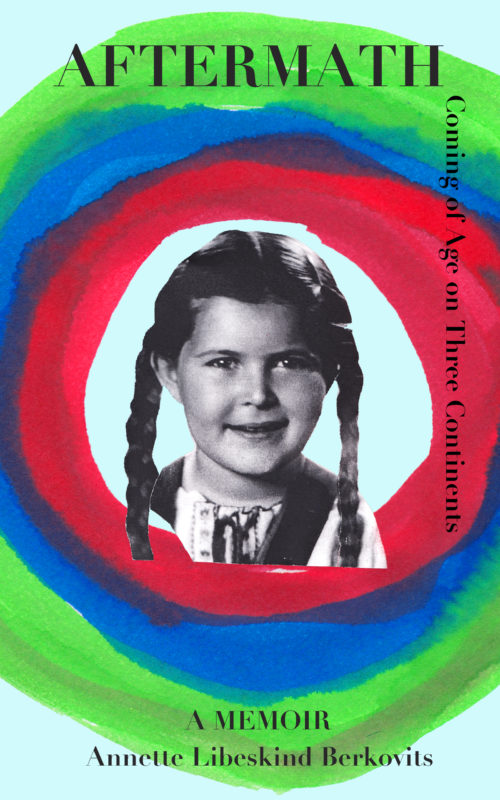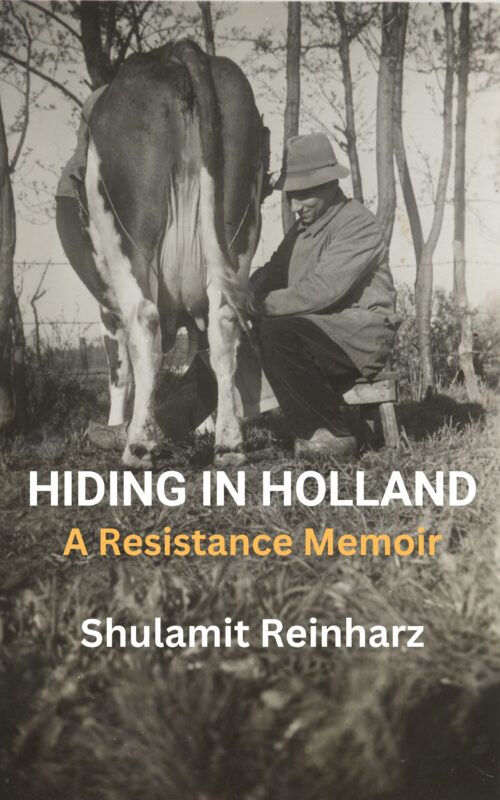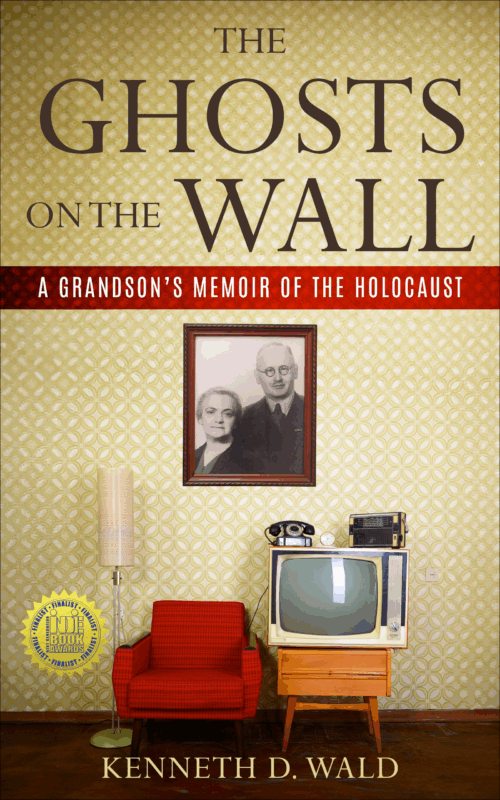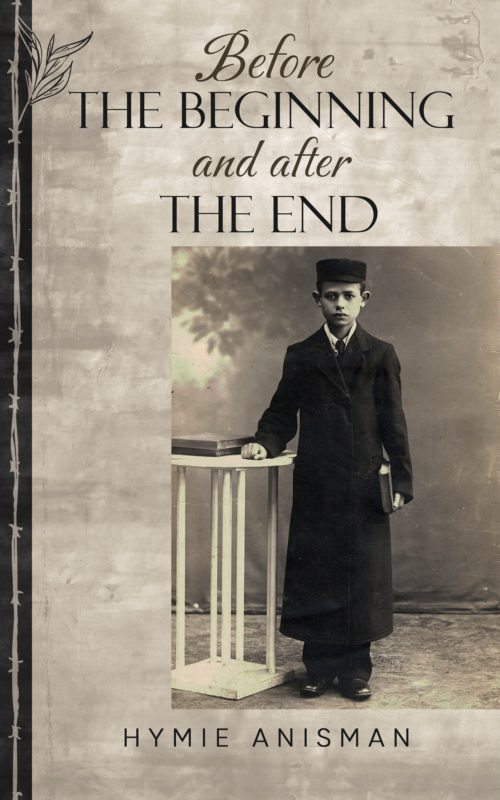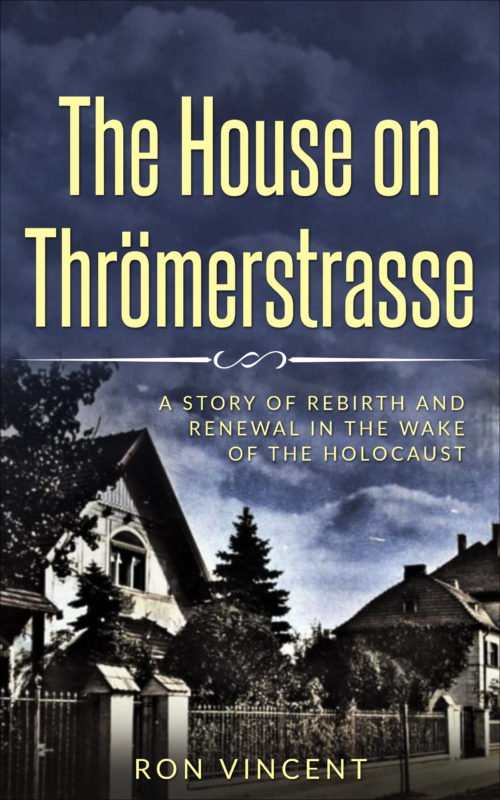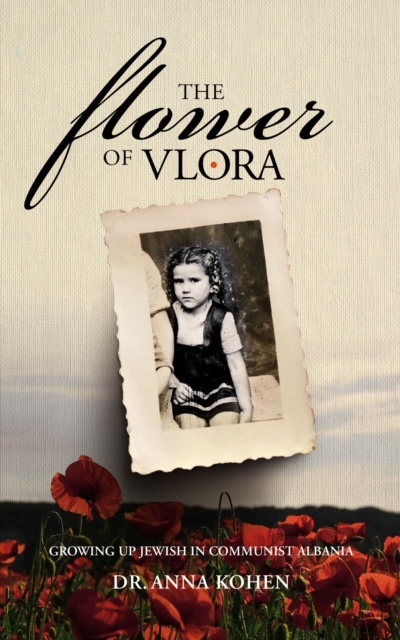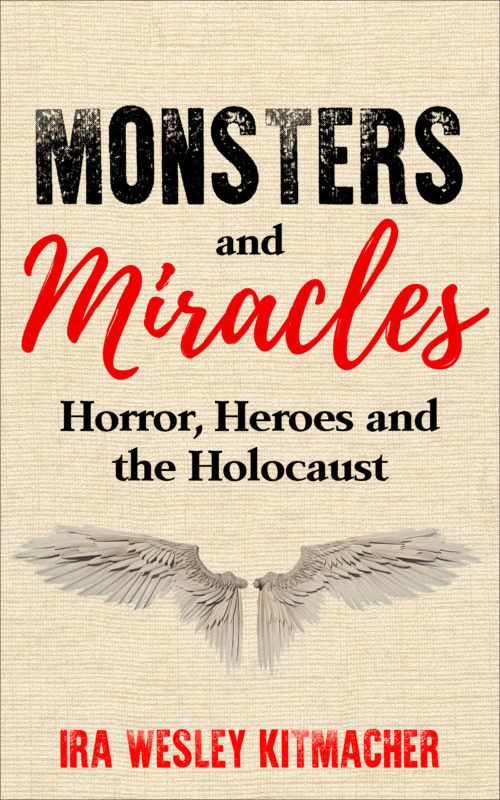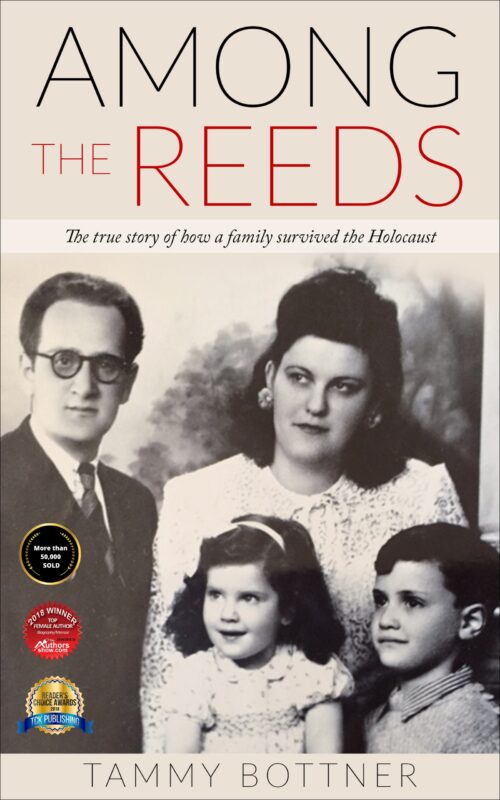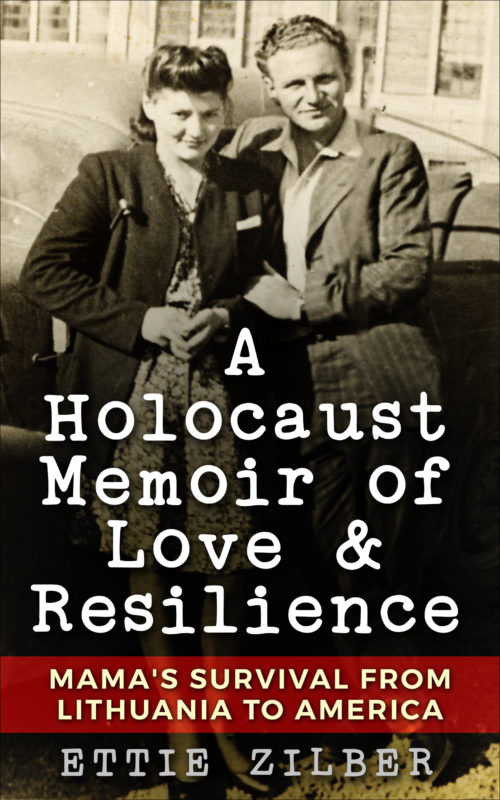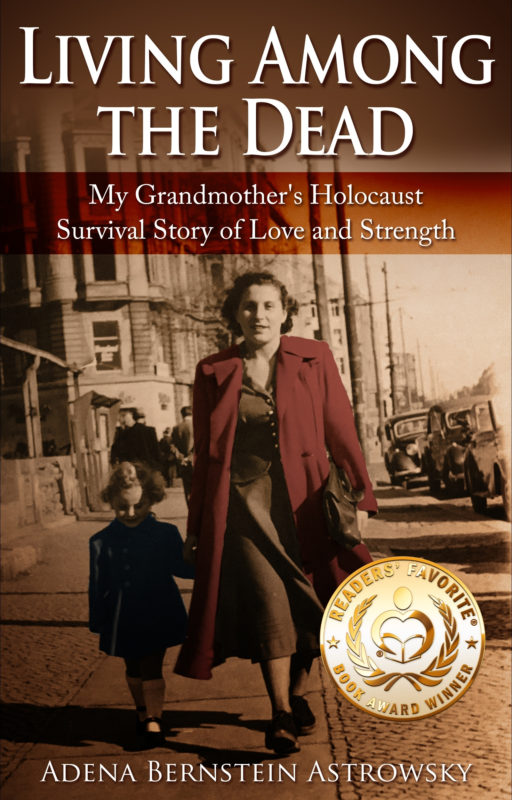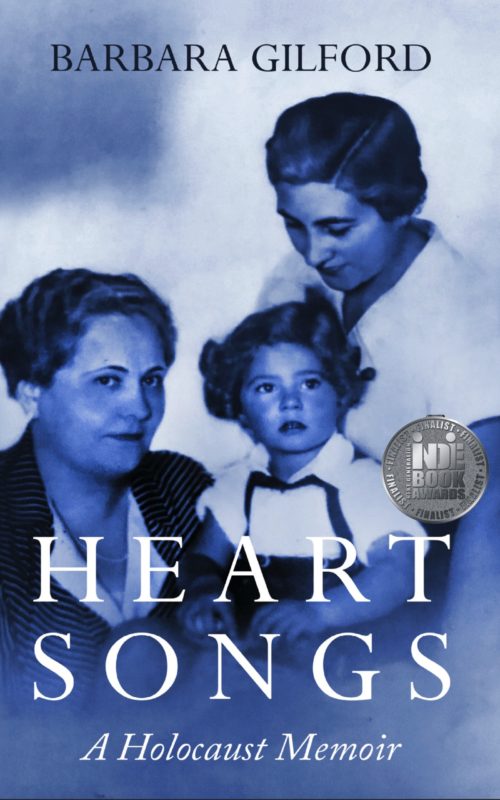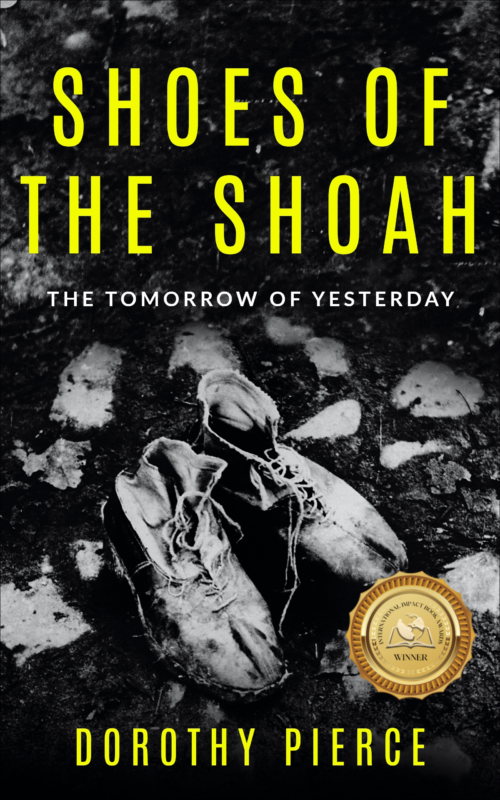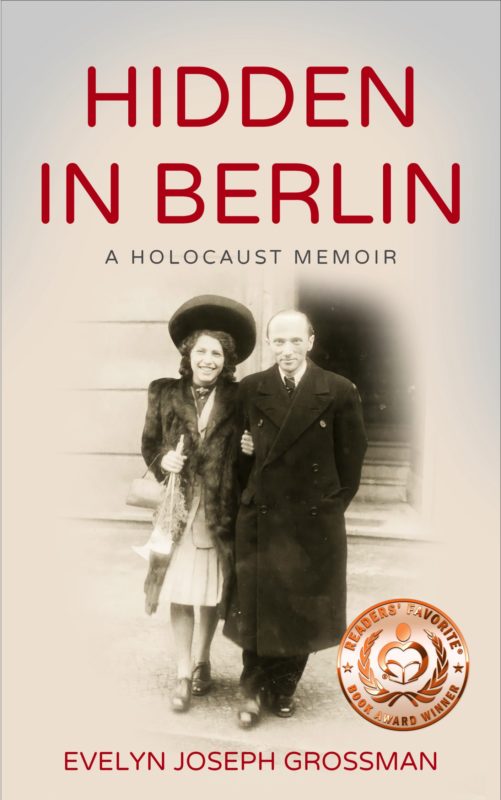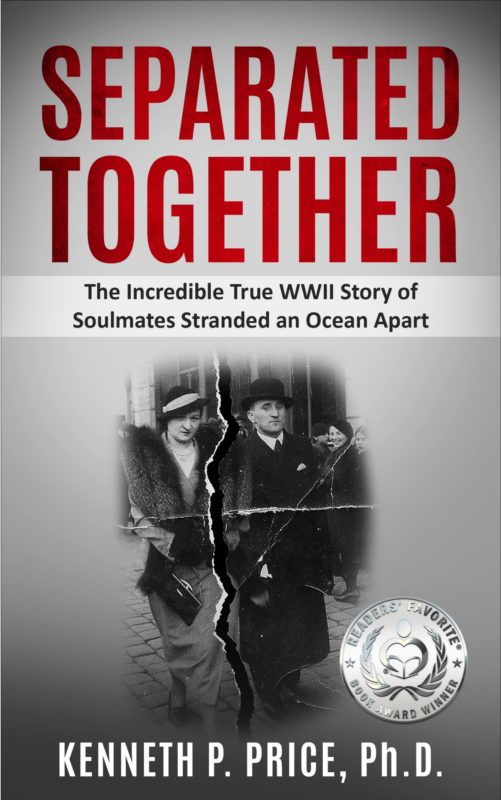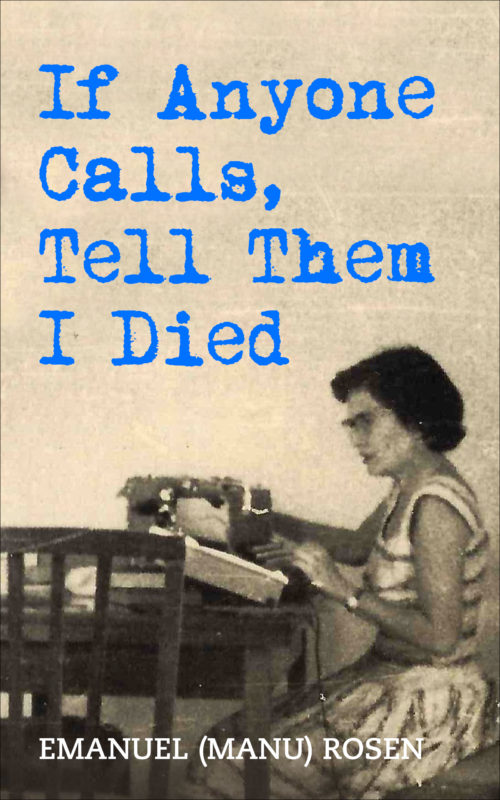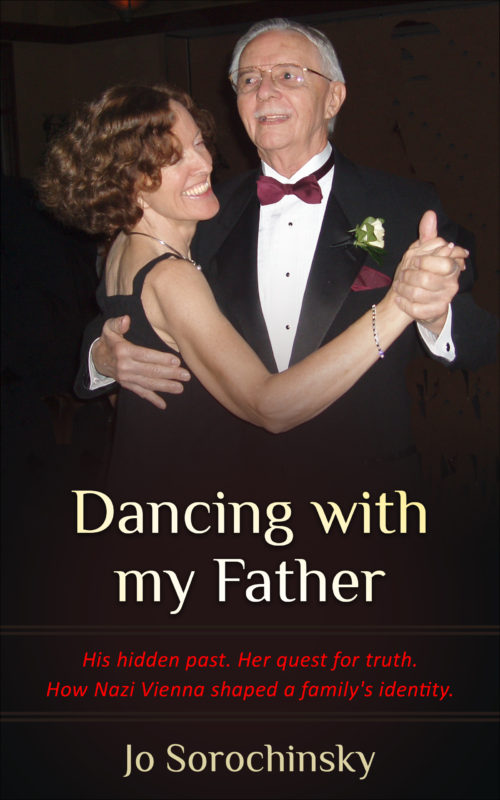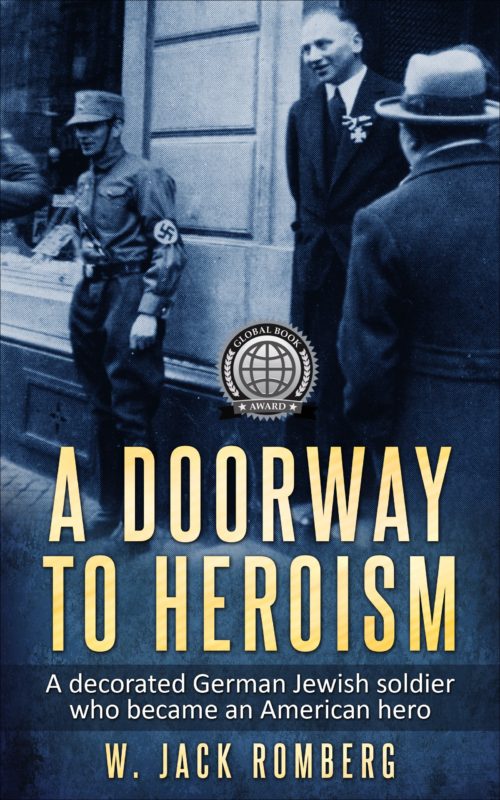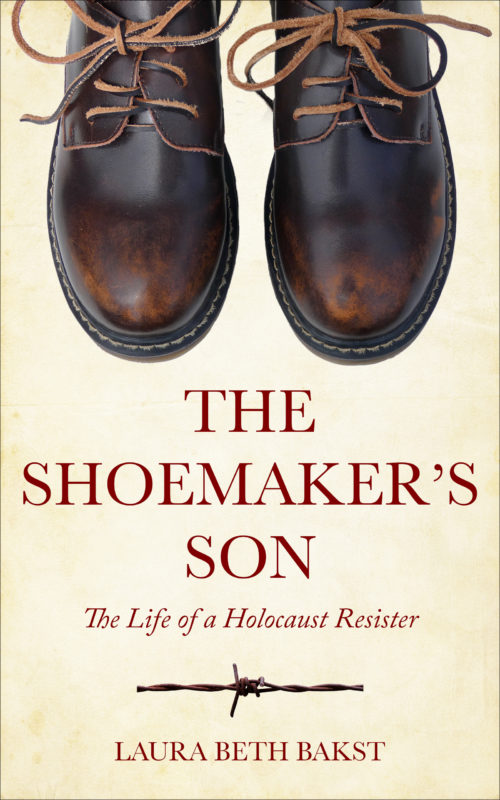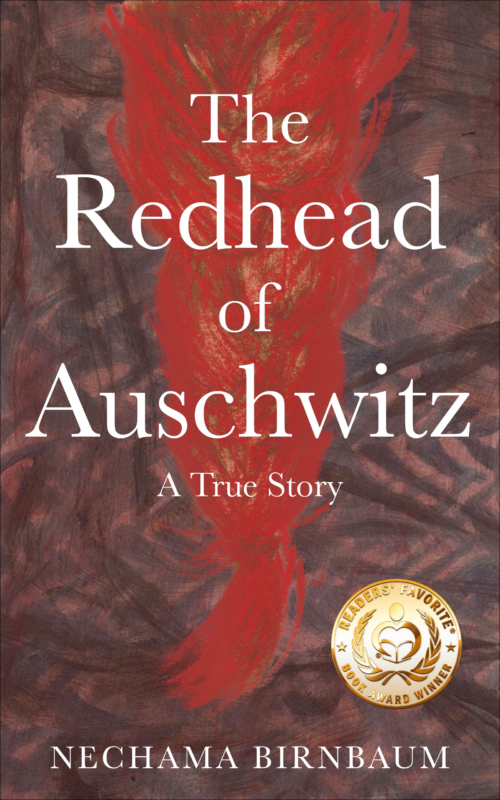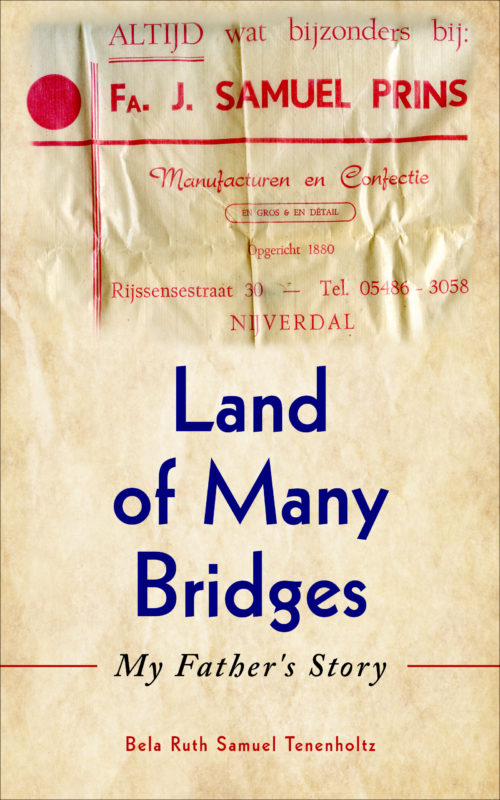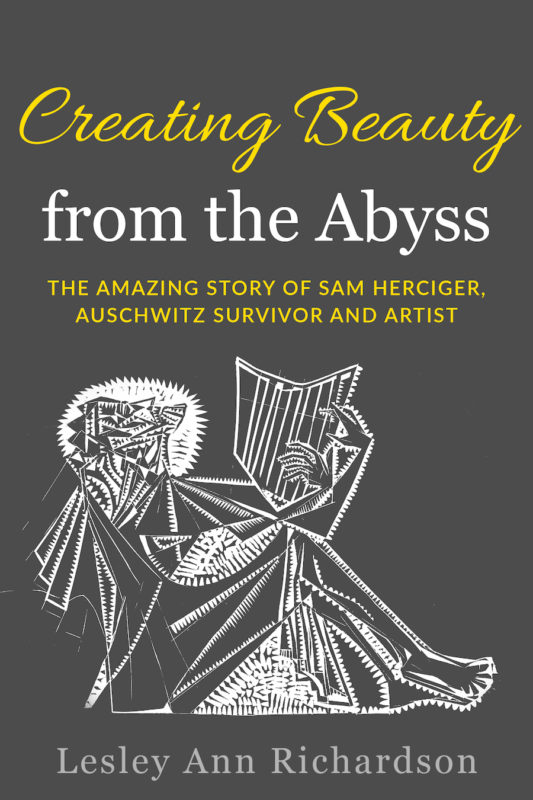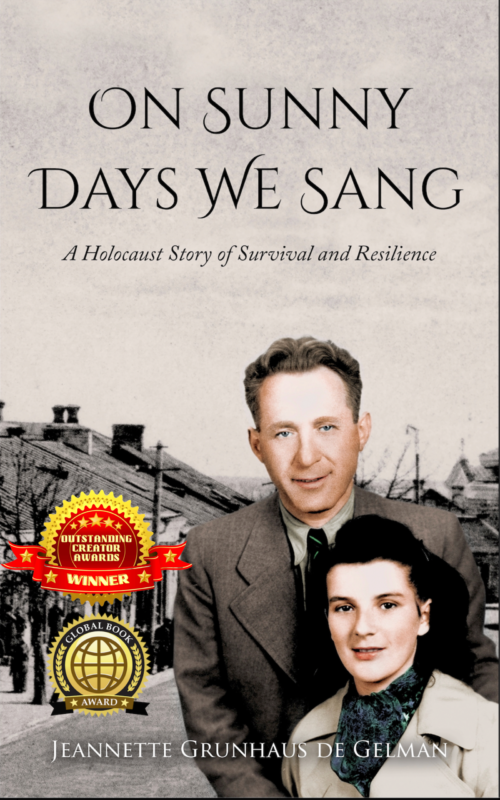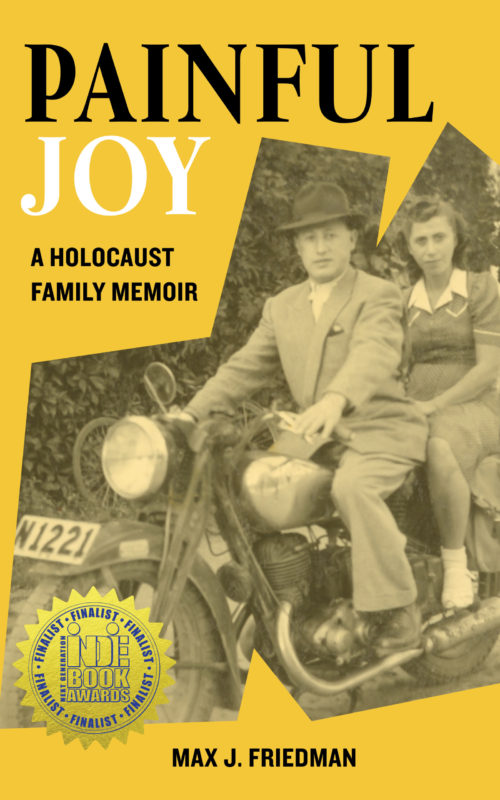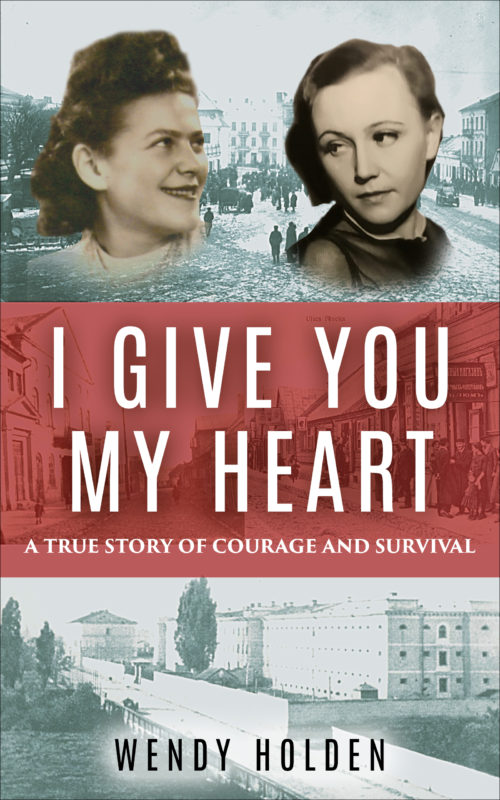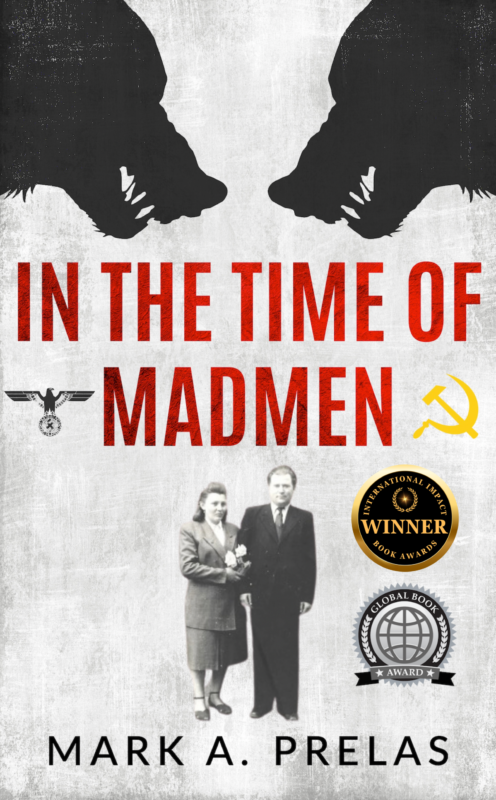"War is Hell,” General William Tecumseh Sherman.
This was a major understatement. The real hell reveals itself when the shooting ceases. It is the turmoil and conflict which has seeped so far into the crevasses of the victims’ souls and hearts that it will never be completely purged.
Horst Stern was raised in the shadows of poverty that covered most of Germany post-World War I. Though basic necessities were scarce his family was able to scrape by. Then came the Nazi regime and their sinister scheme to annihilate all Jews and Jewish sympathizers. Survival instincts were the only way to escape certain death. Scrounging for food became a daily occurrence, not food that most would consider edible, rather any substance that would fill the stomach. This is a psychological journey that paints the depth of which a man will go to survive.
The story outlines Horst Stern's journey through life and how he continues to push the scars of the war out of his life. It’s a testament to his courage to not only survive but thrive. Though he admits to many times having a hollow feeling, he continues to seek ways to rise above. With his determination and persistence, he made a better life for his mother, grandmother, and self.
It speaks to me about all the victims of war, not just the obvious one, such as the Stern family. When I was living in Tampa in the late 70s, the company I worked for did business with a German machinist, who lived through World War ll. He related to me how wonderful Hitler was. That he was good for Germany. He acknowledged the concentration camps and felt the Jews needed to be sent there. The man was a victim of hatred that undeniably altered his destiny.
I knew another man in the 1980s, who was a pilot for the Luftwaffe. At one point his plane was shot down and was a prisoner of the Allied Forces. Whereas he didn’t believe Hitler was right, he denied that there was a massacre of the Jews. The man was a victim of psychology denial, which undoubtedly ruled his life in many areas.
After the war, Horst has met people like these two men, further reminding him of what personal torture he went through.
Debbie Callahan has masterfully retold Horst’s story. Through his eyes we are able to smell, taste and feel all trials he endured. The unprovoked persecution an entire group of people suffered. The rage and aguish he felt pour from the pages. Thankfully, so does the hope and determination. In the end this is a story of triumph. In order to make it a total victory we must read and understand the perils of hatred. We must be the shield that protects our world from a repeat of this tragedy.
– John Klopfer
